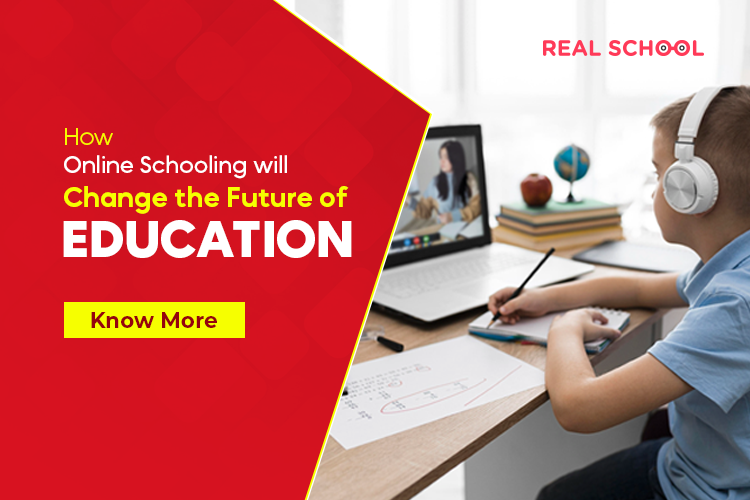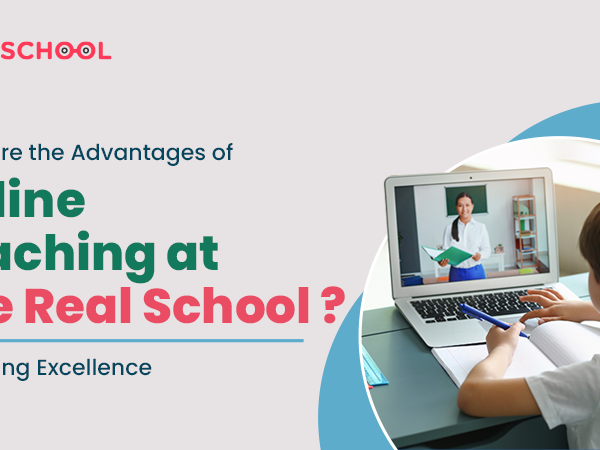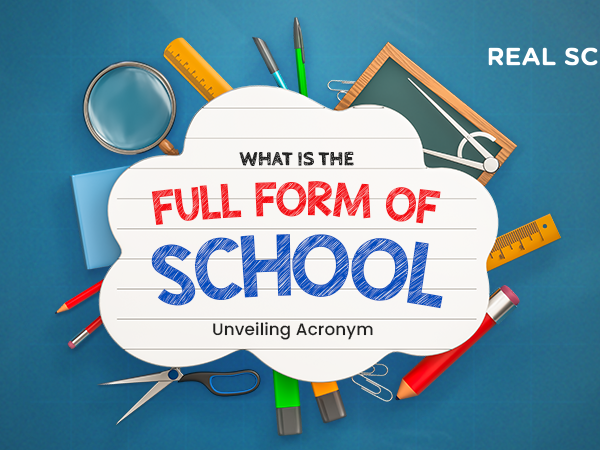How will online schooling change the future of education? Well, the future of education is quite bright, flexible, accessible, and incredible for the students. Online schooling in India is growing very fast and it is helping the children to learn effectively about every topic and subject. Going through this article will help you to get details about the online school for kids and the personalized online learning for the students.
Also Read: Mental Math for Kids: Let’s Grow Kids Brains With Effective Ways!
Online Schooling in India
Over the last few years, online schooling has grown rapidly in popularity, and this trend is only set to continue. With the COVID-19 pandemic causing widespread school closures and forcing students to learn from home, many parents and educators have had to adapt to online learning. While this has been challenging in many ways, it has also highlighted the potential of online schooling to revolutionize education in the future.
In this article, we will explore how online schooling will change the future of education and what benefits it can offer.
Increased Accessibility
One of the most significant advantages of online schooling is increased accessibility. Traditional schooling has many barriers to entry, such as location, cost, and mobility. Online schooling removes many of these barriers, making education accessible to a wider range of students.
With online schooling, students can access educational resources from anywhere in the world. This means that students in rural or remote areas can have the same opportunities as those in urban areas. It also means that students with disabilities or mobility issues can access education without having to worry about physically attending classes.
Flexibility
Online schooling also offers increased flexibility. Traditional schooling follows a set schedule, with students attending classes at specific times and locations. This can be challenging for students who have other commitments, such as work or family responsibilities.
With online schooling, students can learn at their own pace and on their own schedule. This means that they can fit their education around other commitments and obligations, making it more accessible and convenient.
Personalized Learning
Online schooling also offers the potential for personalized learning. Traditional schooling follows a one-size-fits-all approach, with teachers delivering the same lessons to all students in a class. This can be challenging for students who have different learning styles and needs.
With online schooling, students can access a range of resources and materials that cater to their individual learning needs. They can also interact with teachers and other students in a more personalized way, receiving individualized feedback and support.
Innovative Teaching Methods
Online schooling also allows for innovative teaching methods. Traditional schooling often relies on traditional teaching methods, such as lectures and textbooks. While these methods have their place, they can be limiting in terms of engaging students and fostering creativity.
With online schooling, teachers can use a range of innovative teaching methods, such as gamification, interactive learning, and virtual reality. These methods can make learning more engaging, fun, and effective.
Global Learning
Online school for kids also offers the potential for global learning. Traditional schooling is often limited to a local or national context, with students learning about their own country’s history, culture, and values.
With online schooling, students can connect with other students from around the world and learn about different cultures and perspectives. This can help to broaden their understanding of the world and foster a more global mindset.
Challenges of Online Schooling
While online schooling offers many benefits, it is not without its challenges. One of the biggest challenges is the need for reliable internet access and technology. Many students and families do not have access to the necessary technology and internet connectivity to engage in online learning.
Another challenge is the need for self-motivation and discipline. Online schooling requires students to take responsibility for their own learning and stay motivated and on track without the structure of traditional schooling.
Finally, online schooling can be isolating for students who miss out on the social interaction and peer support that traditional schooling provides. While online schooling offers opportunities for virtual interaction and collaboration, it cannot fully replace the benefits of face-to-face interaction.
Personalized Online Learning
Personalized online learning is a teaching method that tailors learning experiences to the individual needs and interests of each student. It is an approach that recognizes that every student has their unique learning style, pace, and preferences.
Personalized online learning can be implemented in several ways, including adaptive learning software, personalized learning plans, and individualized instruction.
Adaptive Learning Software
Adaptive learning software uses algorithms and data analysis to create a customized learning experience for each student. The software tracks the student’s progress, identifies areas of strength and weakness, and adapts the content and delivery to meet their individual needs.
For example, if a student is struggling with a particular concept, the software may provide additional resources or exercises to help them master that concept. If a student is excelling in a particular area, the software may provide more challenging content to keep them engaged and motivated.
H4 Personalized Learning Plans
Personalized learning plans are individualized plans that outline a student’s learning goals, strengths, weaknesses, and preferences. The plans are created collaboratively between the teacher and student and are regularly reviewed and updated to ensure that the student is progressing towards their goals.
Personalized learning plans can include a range of activities and resources, including online courses, textbooks, videos, and hands-on projects. They can also incorporate student-led learning activities, such as independent research and project-based learning.
Also Read: Earth Day Activities for Kids: Kids Online Activities Ideas
Individualized Instruction
Individualized instruction is a teaching method that provides one-on-one instruction to meet the unique needs of each student. In an online learning environment, individualized instruction can take many forms, such as virtual tutoring sessions, video conferences, or online office hours.
Individualized instruction can be particularly effective for students who are struggling with a particular concept or need additional support to stay motivated and engaged. It can also be helpful for students who are advanced in a particular subject and need more challenging content.
Benefits of Personalized Online Learning
Personalized online learning offers many benefits for students, including:
# Increased Engagement and Motivation: Personalized learning can help to keep students engaged and motivated by providing content that is tailored to their interests and learning style.
# Improved Learning Outcomes: Personalized learning can lead to improved learning outcomes by providing students with the support they need to master difficult concepts and progress at their own pace.
# Greater Flexibility: Personalized learning allows students to learn at their own pace and on their own schedule, providing greater flexibility and convenience.
# Increased Accountability: Personalized learning plans provide clear goals and benchmarks for students to achieve, helping to increase accountability and responsibility for their own learning.
Challenges of Personalized Online Learning
While personalized online learning offers many benefits, it is not without its challenges. Some of the main challenges include:
# Technology Limitations: Personalized learning relies heavily on technology, which can be a barrier for some students who do not have access to the necessary devices or internet connectivity.
# Teacher Training: Personalized learning requires teachers to have specialized training and skills to design and implement effective personalized learning plans.
# Time Constraints: Personalized learning can be time-consuming for teachers, who must create and review individualized plans and provide one-on-one support to students.
# Cost: Personalized learning can be costly, requiring investment in technology, software, and teacher training.
Also Read: Reading Activities for Kids: Let’s Find Out the Importance of Reading for Kids!
Conclusion
Online schooling has the potential to revolutionize education and offer many benefits, including increased accessibility, flexibility, personalized learning, innovative teaching methods, and global learning. However, it is not without its challenges, and educators must work to address these challenges to ensure that online schooling is accessible to all students and provides a high-quality education.
Personalized online learning is a powerful teaching method that can help to improve student engagement, motivation, and learning outcomes. However, it requires careful planning, implementation, and support to ensure that it is effective and accessible to all students. By addressing the challenges and investing in the necessary resources, personalized online learning can help to transform education and provide students with the tools they need to succeed. The future of education is quite vast and convenient. Let’s visit the Real School site for more details.







